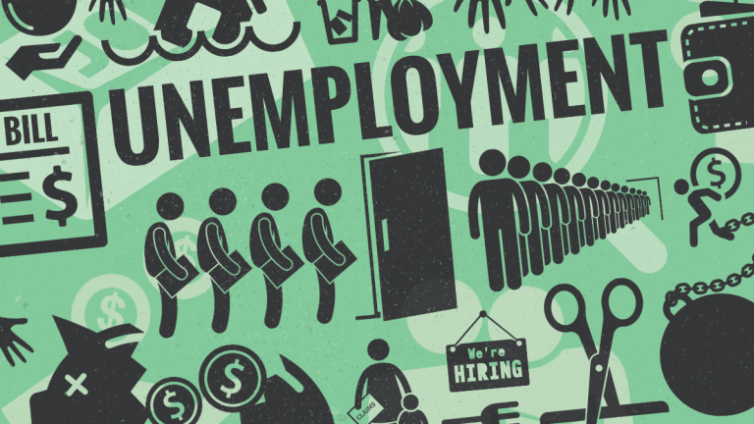The latest social development outlook by the Institute of Statistical, Social and Economic Research (ISSER) has uncovered a concerning trend in Ghana's labour market: unemployment rates are highest among female youth.
The report sheds light on the challenges faced by the country in creating sustainable and secure employment opportunities, particularly for women and young people.
The study identifies various factors that have influenced the nature and quality of employment in Ghana, including past economic conditions such as structural adjustment policies and current global events like the COVID-19 pandemic and the Russian-Ukraine war.
These economic and global conditions have contributed to a negative relationship between GDP growth and joblessness, reflecting the structural changes the Ghanaian economy has experienced over the past four decades.
One notable shift in the economy is the changing contribution of sectors to GDP and their respective employment creation.
While agriculture has dropped to the second spot in terms of its contribution to GDP, it remains the largest sector for employing the majority of Ghana's population. However, the agricultural sector's contribution to employment is steadily declining.
The ISSER report highlights that women and youth, in general, face higher rates of unemployment, with female youth experiencing the highest unemployment rates nationwide. Furthermore, unemployment rates are generally higher in urban areas compared to rural areas.
Self-employment has remained the dominant form of employment since 2000, with more women than men engaged in self-employment activities.
However, the percentage of people employed in waged work has significantly increased since 2000, indicating a shift in the employment landscape.
In response to these alarming findings, ISSER recommends a range of measures to address the unemployment challenges in Ghana.
The report suggests investing in sectors that have the potential to create numerous decent jobs, implementing labour reforms to protect workers' rights, and ensuring state programs for unemployed youth guarantee job security.
Additionally, the report advocates for affirmative action programs to enhance female youth employment rates and emphasizes the importance of investing in sectors that can provide employment opportunities for the country's youth.
Latest Stories
-
Price of LPG per kilogramme constitutes 22% of taxes – LPG Marketers Association
1 hour -
Nigeria appoint Finidi George as new Super Eagles boss
2 hours -
Elevating Ghana’s creative industry: A blueprint for competing with Nigeria and South Africa
3 hours -
Poor finishing a problem for Asante Kotoko throughout the season – Prosper Ogum
4 hours -
Samini teams up with Francis Osei for ‘Sticks N Locks’ EP
4 hours -
Government should resource record labels – Seven Xavier
4 hours -
I need majority in parliament to successfully complete my term – Akufo-Addo pleads
4 hours -
Next NDC government will not recognise illegal contracts signed by current administration – Sammy Gyamfi
4 hours -
Premier League clubs vote in favour of spending cap plans
4 hours -
Nigeria’s fuel crisis brings businesses to a halt
4 hours -
King Promise impresses fans at sold out show in Singapore
5 hours -
Ejisu by-election to proceed after plaintiff withdraws injunction application
5 hours -
CSOs and NGOs unite to push for priority demands at INC-4
5 hours -
Fuel tanker bursts into flames on Kumasi-Accra highway
5 hours -
Security is tightened ahead of Ejisu by -election
5 hours

